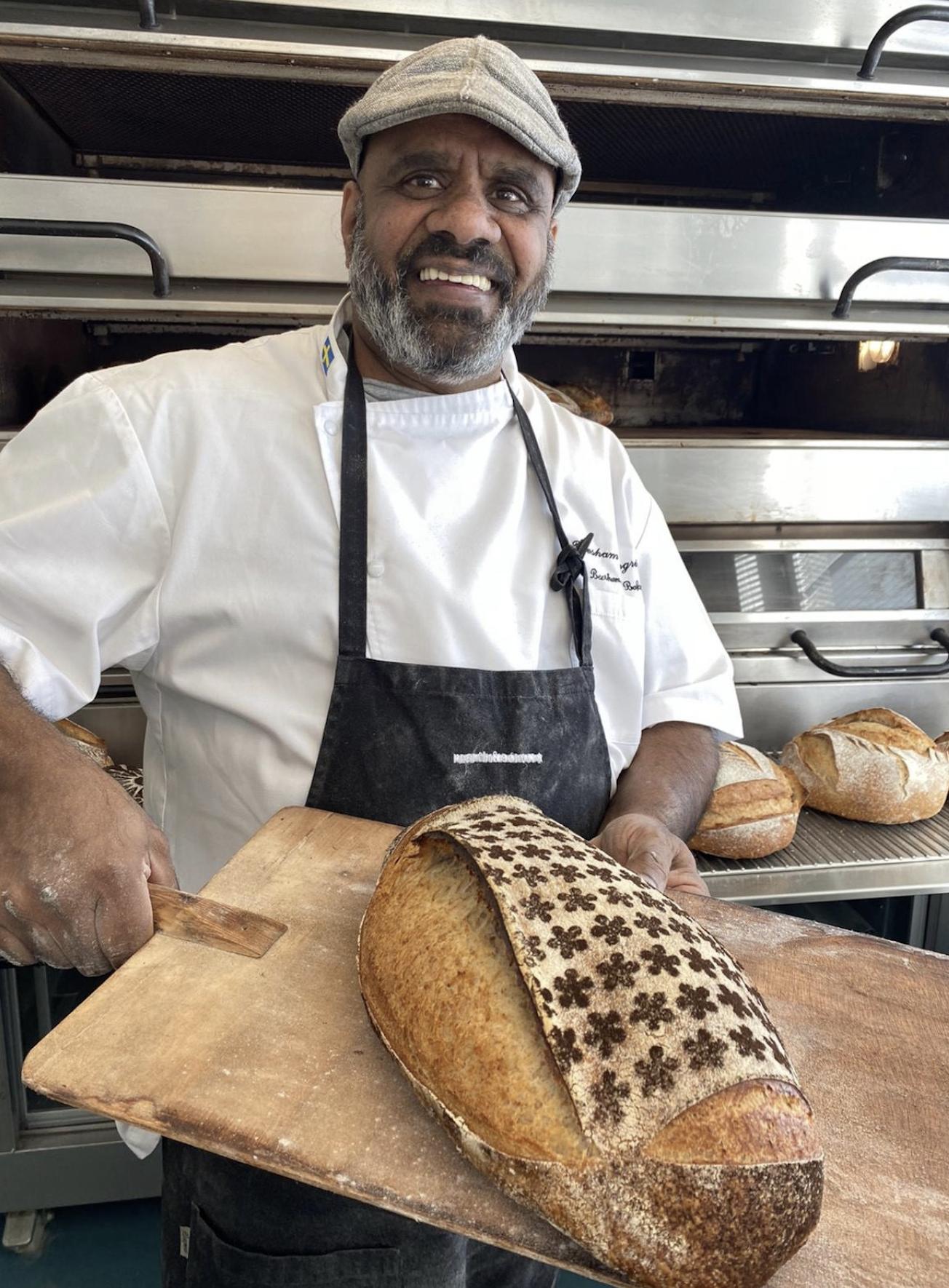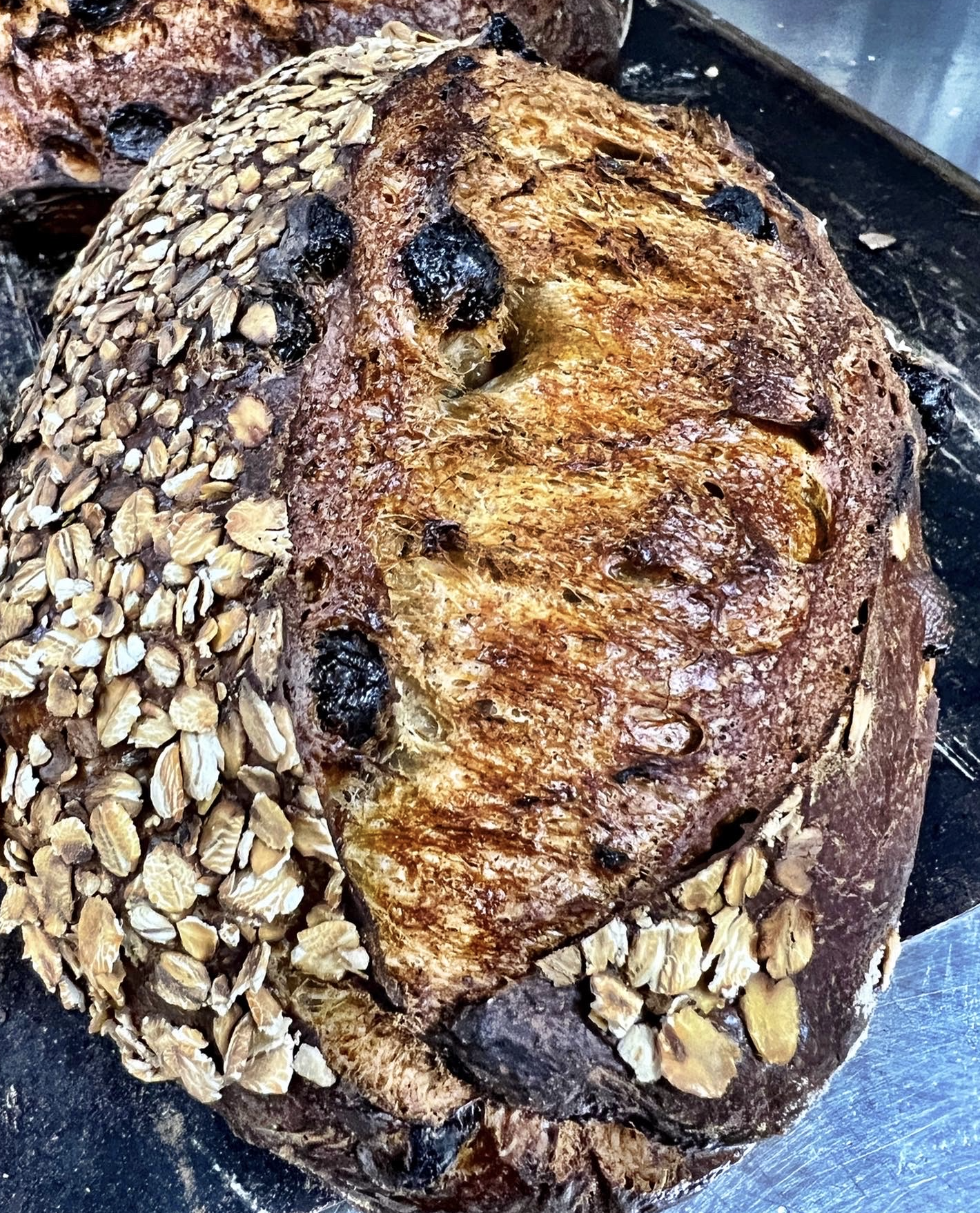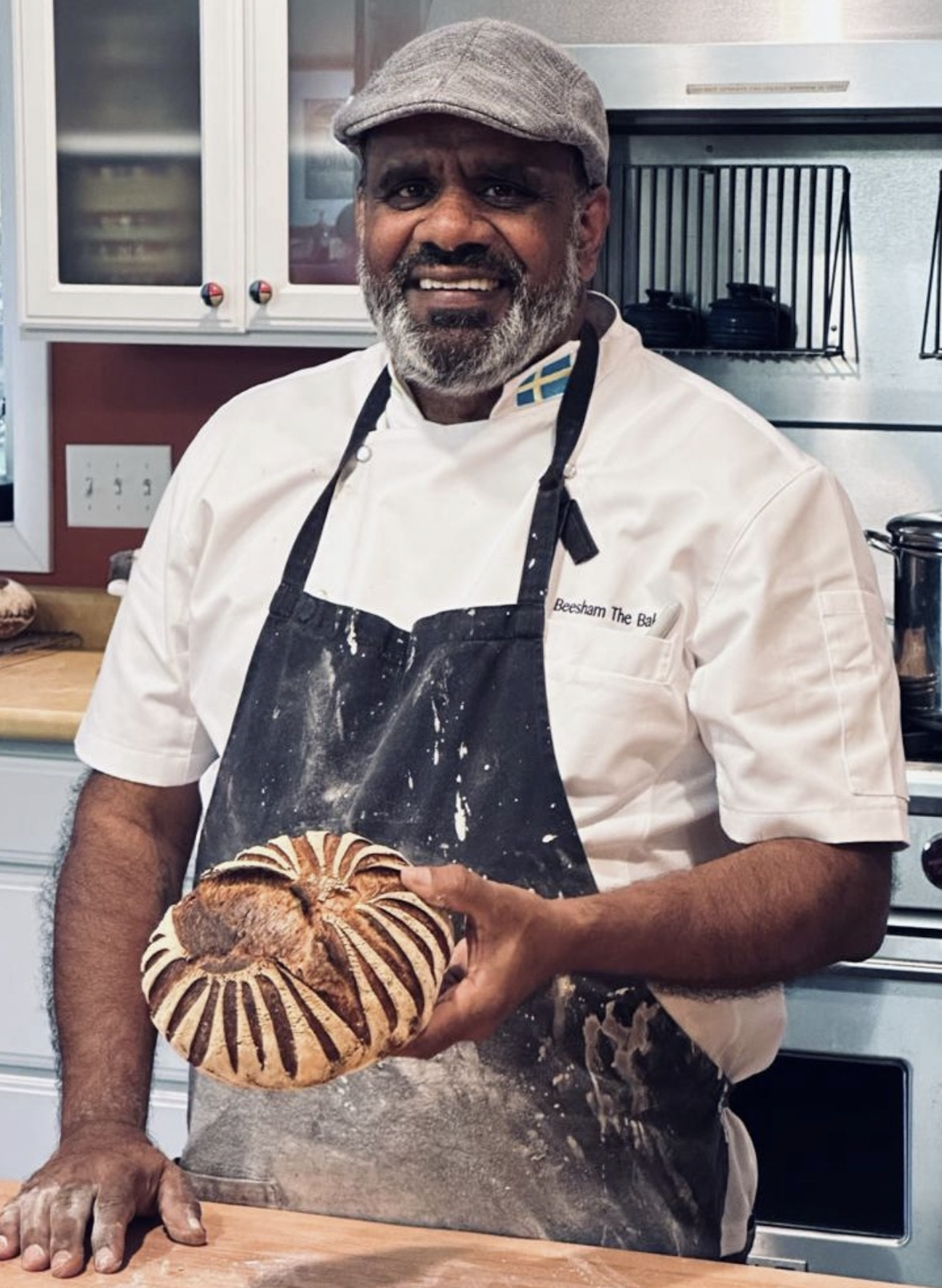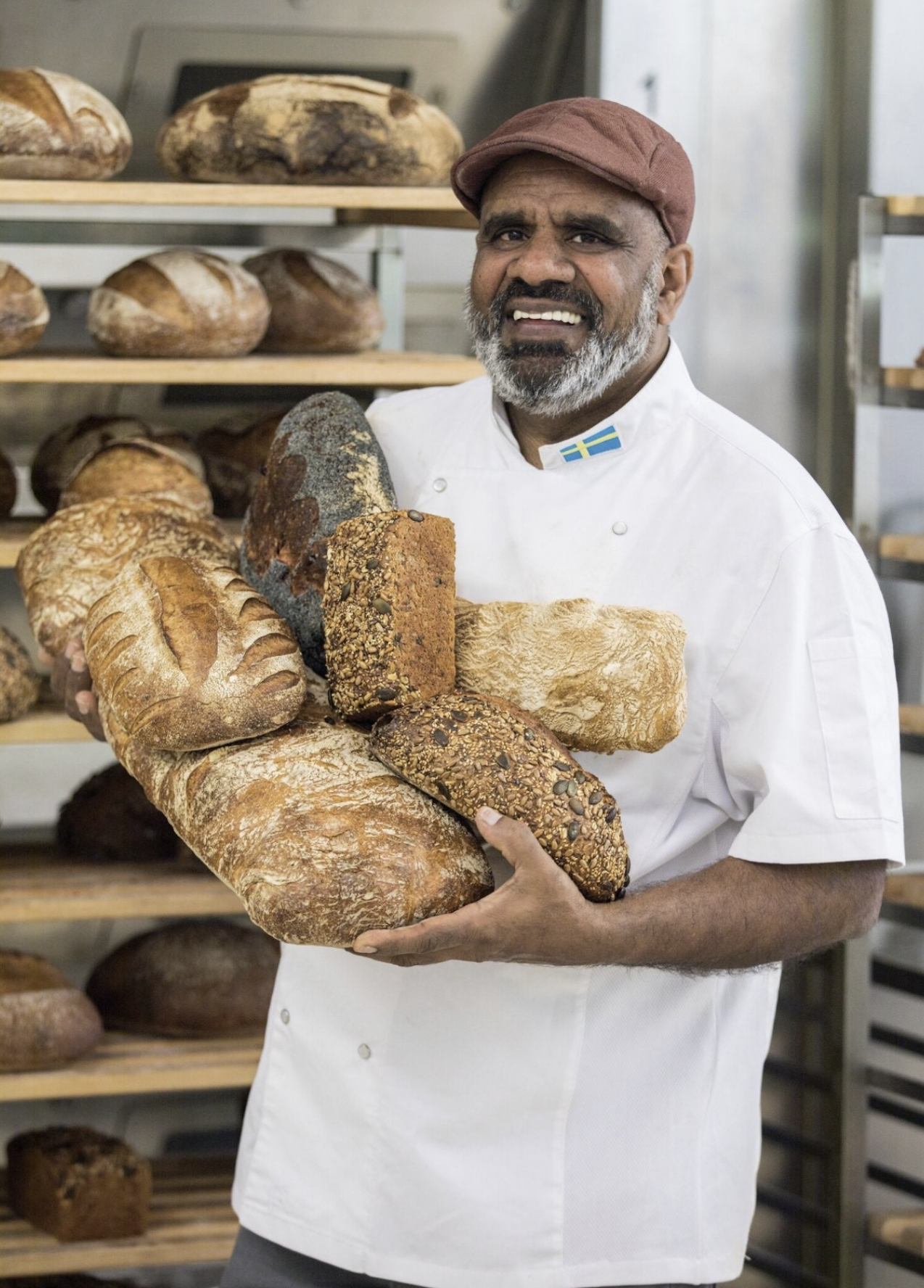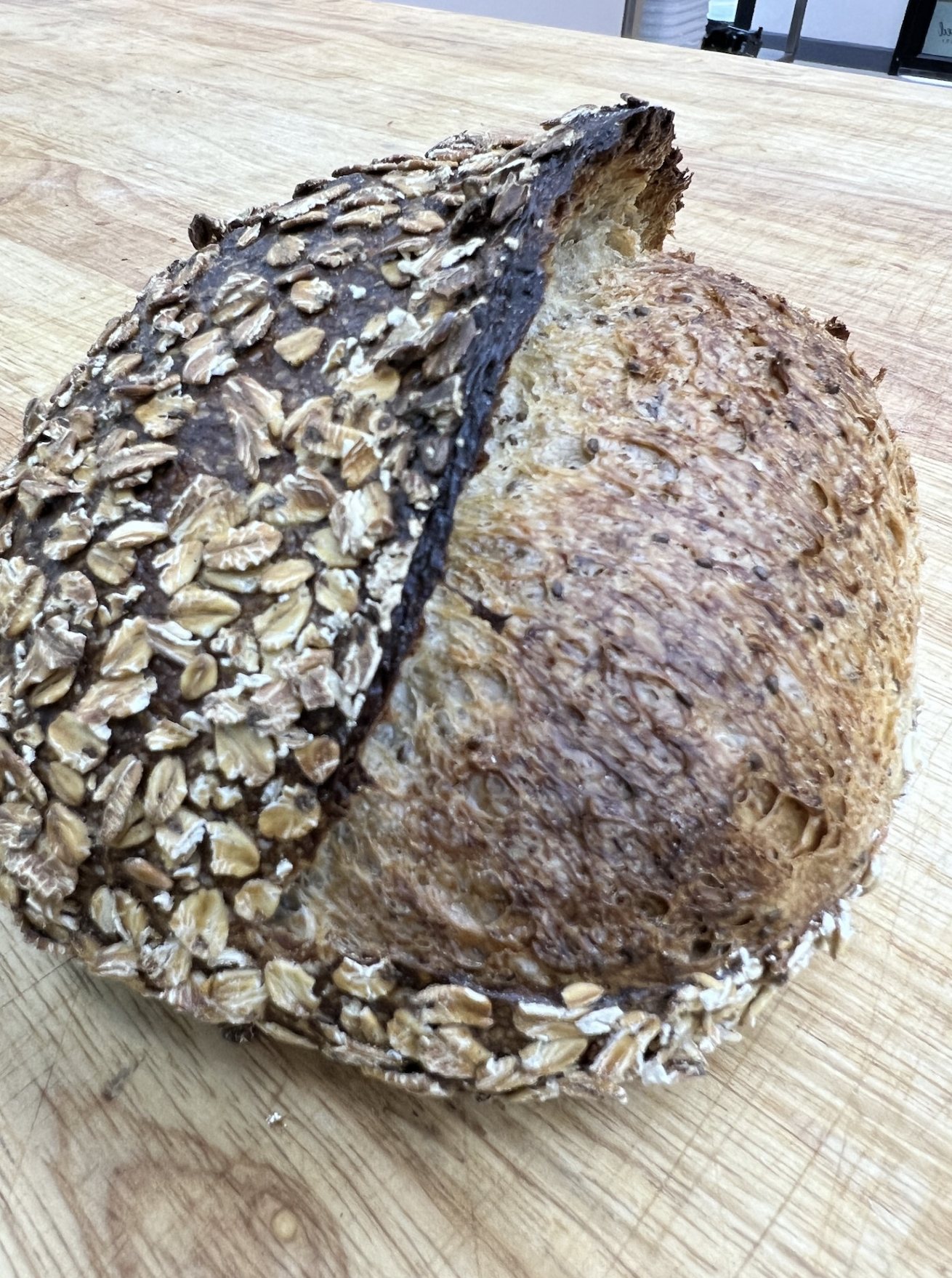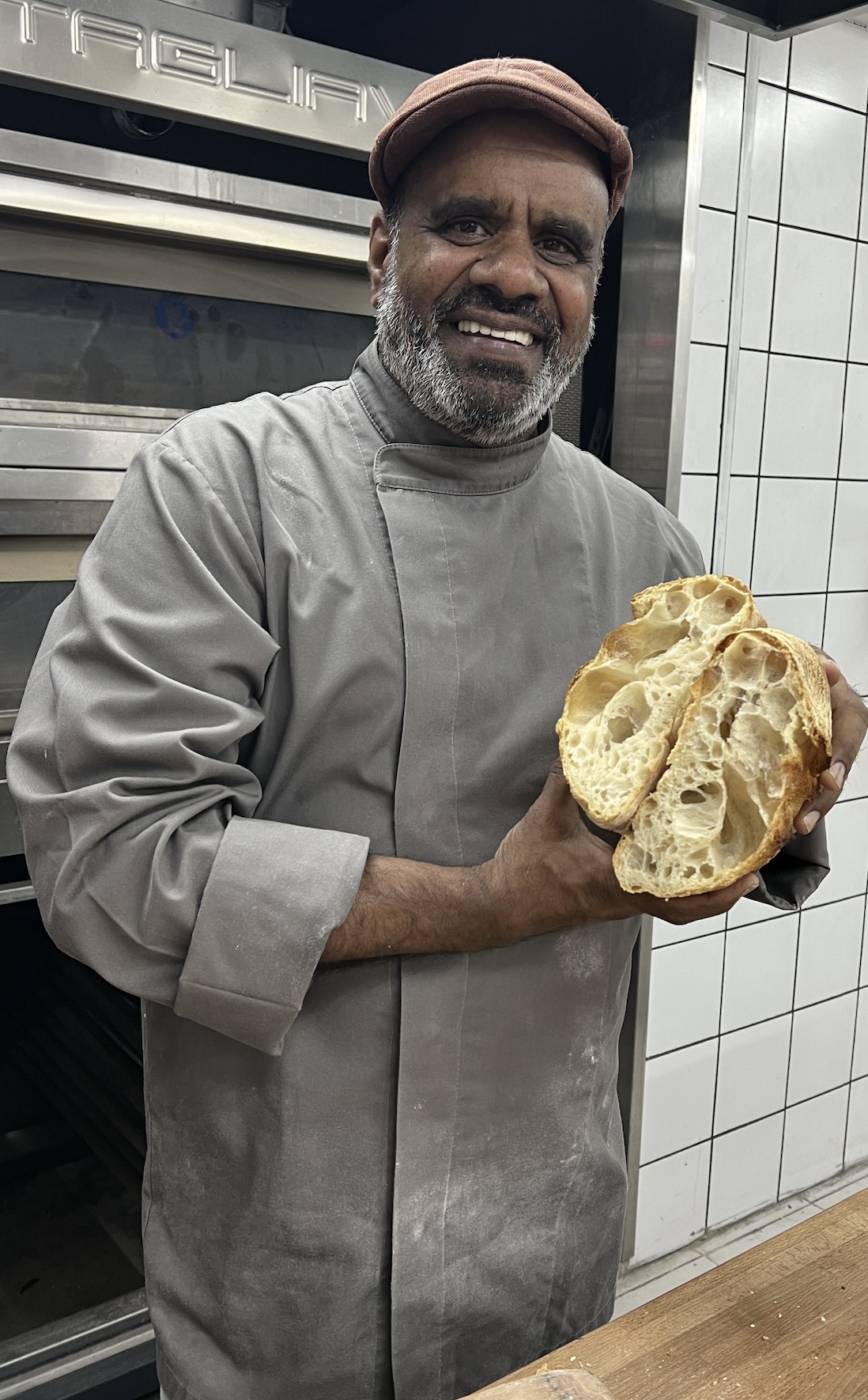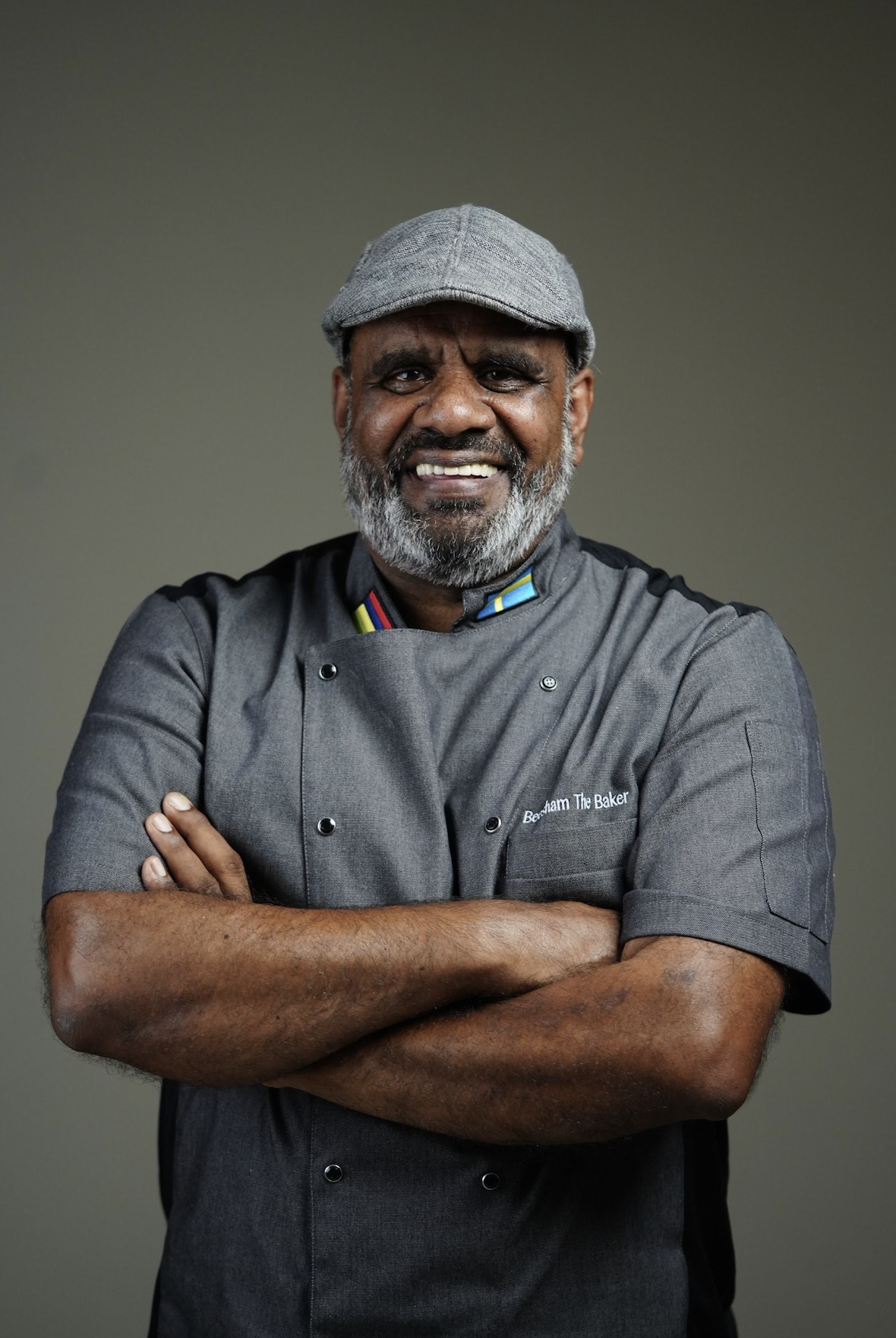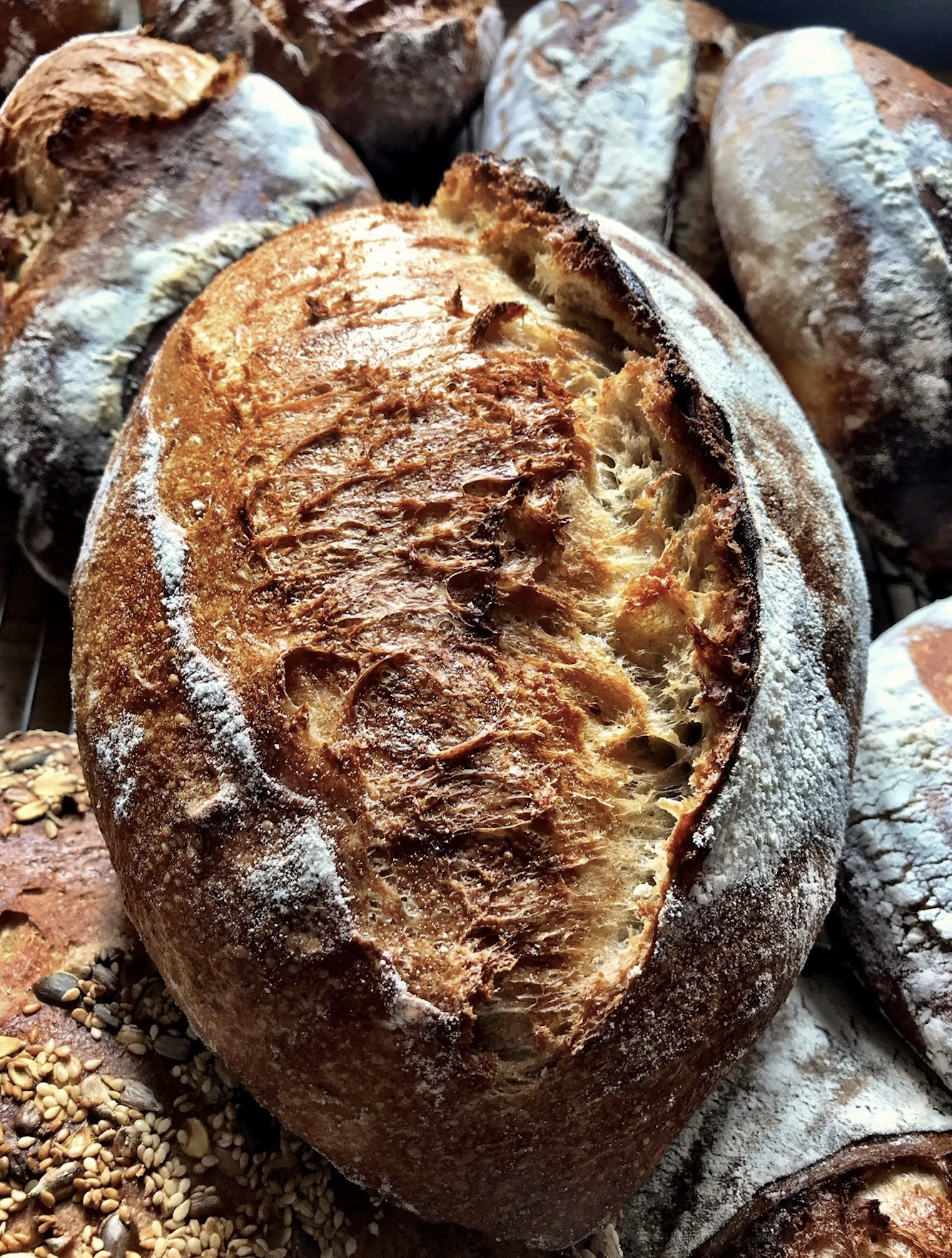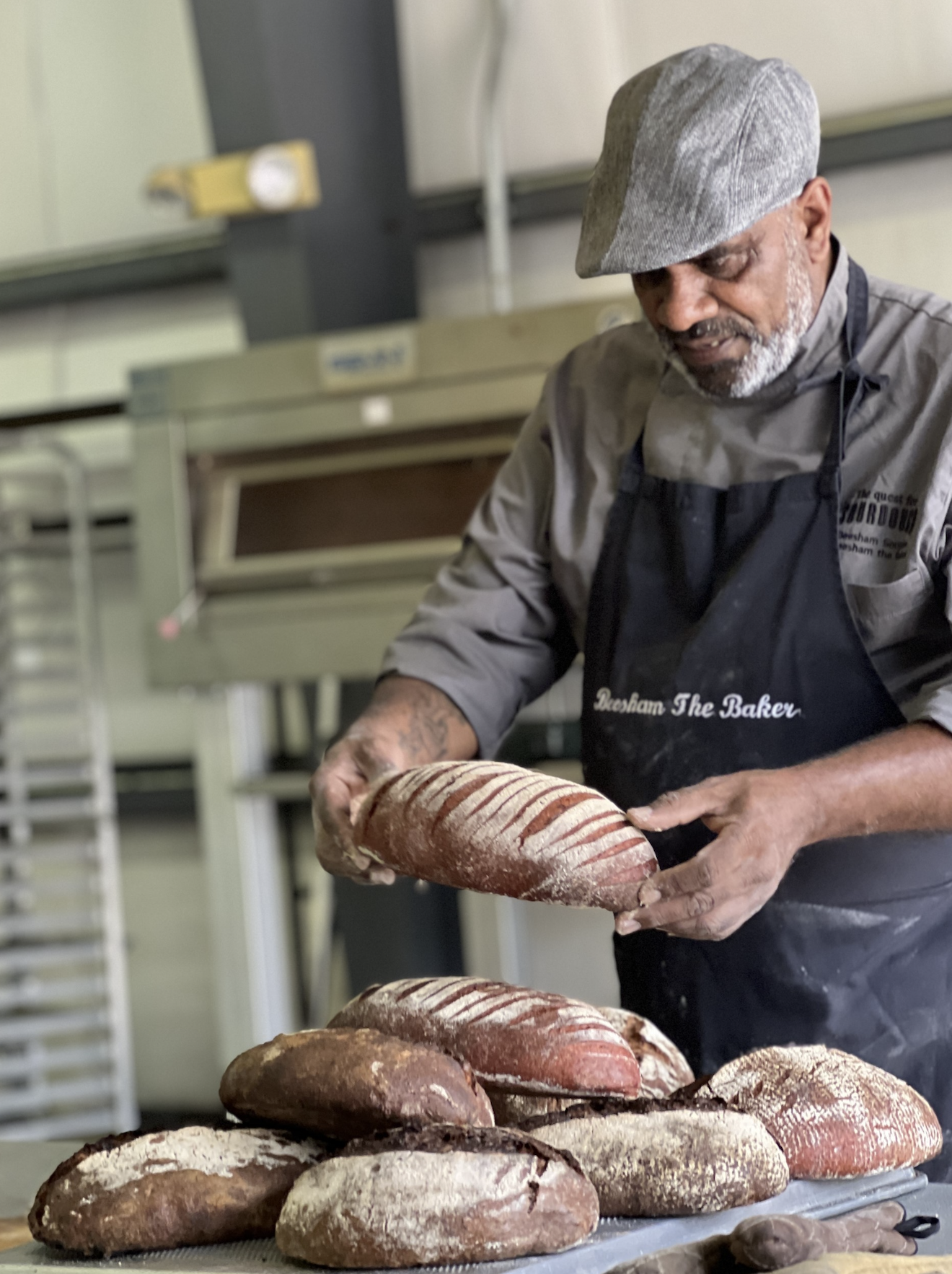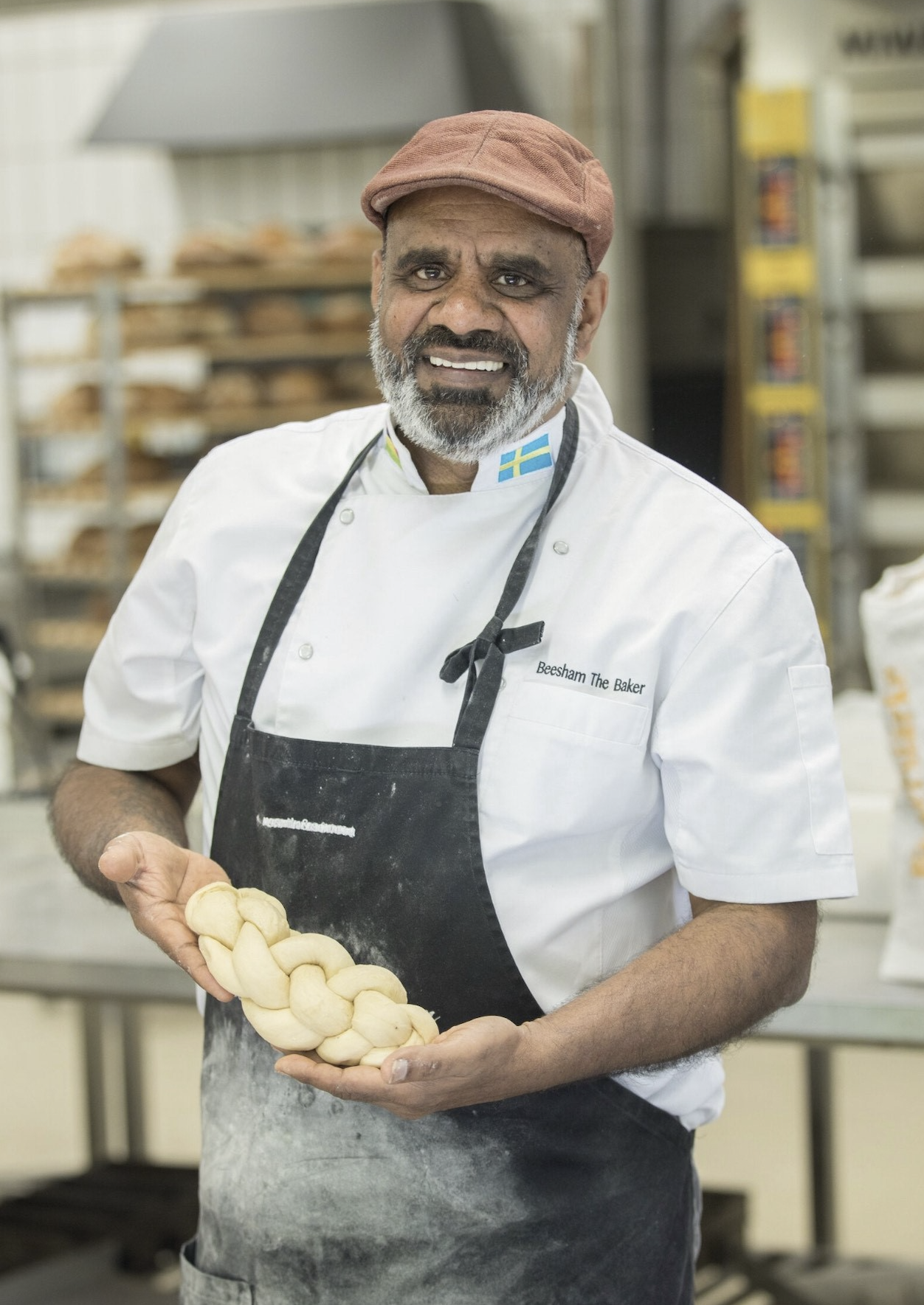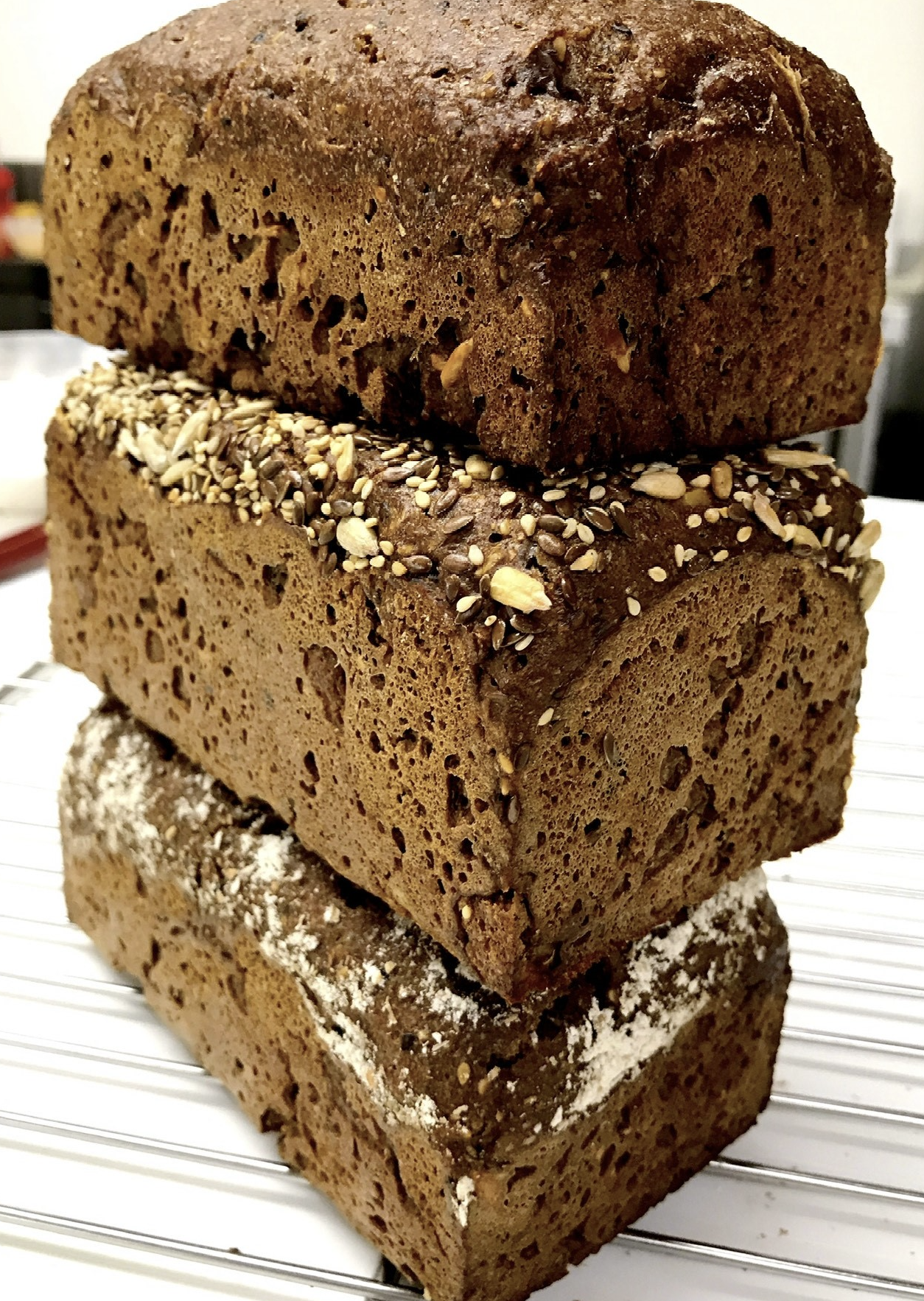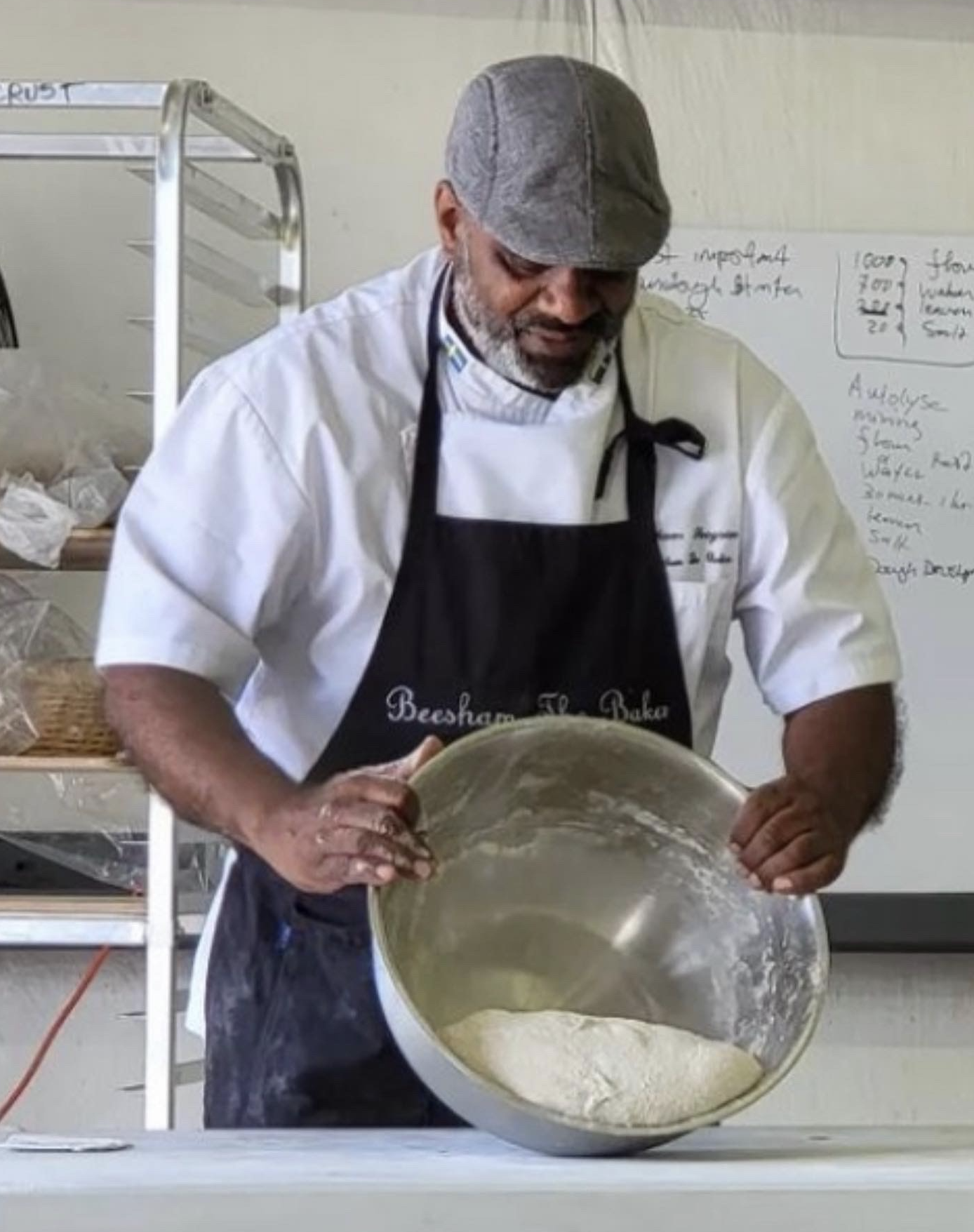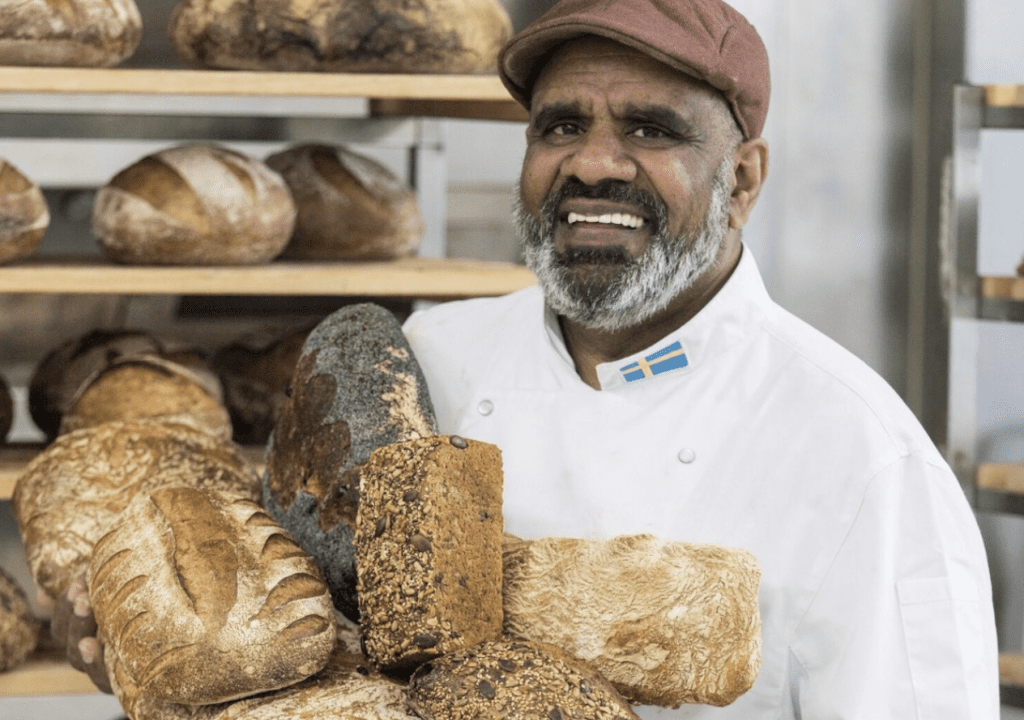Tack till Beesham Soogrim för att han delade med sig av sin berättelse genom denna intervju här på Sourdough People-webbplatsen. Vi hoppas att ni gillar hans berättelse och hittar motivationen att prova att baka surdegsbröd hemma för er själva och er familj. Vi vill också tacka de fantastiska och starkhjärtade människorna i Sverige för att de läser denna intervju och stöder vår vän Beesham inom surdegsbrödsindustrin i Europa.
Welcome to The Sourdough People, a community dedicated to the art and craft of sourdough baking. In this interview, we are thrilled to feature Beesham Soogrim, a renowned sourdough baker originally from Mauritius, now residing in the picturesque countryside of Höör, Sweden. Beesham’s journey into sourdough baking began over 25 years ago, sparked by a gift of sourdough starter and rye flour from a friend. Despite an initial setback with his first loaf, Beesham’s passion was ignited, and he has since developed a profound expertise in sourdough baking. Throughout the interview, Beesham shares insights into his signature ‘stage feeding‘ technique, his approach to sourcing ingredients, and his dedication to teaching others through workshops and his comprehensive online sourdough masterclass. He also discusses the balance between tradition and innovation in his baking practices and offers advice to those just starting their sourdough journey. Follow Beesham’s adventures in sourdough baking on Instagram @beesham_the_baker and delve into his story to discover the depth of his passion and knowledge.
Please tell us where you are from and what you love about where you live?
I was born on the beautiful island of Mauritius but moved to Sweden in 1987. I live in a small town called Höör which is in the South of Sweden in the countryside with its beautiful nature. I really love it and it’s also not far from the sea.
Beesham, what initially sparked your interest in sourdough baking, and how did you begin your journey?
I am a chef and baking has always been part of my work. I baked my first sourdough bread when I first came to Sweden to live. A friend gave me a little starter and rye flour told me to bake bread with the sourdough. At that time there was not much information on how to bake sourdough bread. I thought it was the same as baking with baker’s yeast, but it was different and the bread turned out like a brick. My real sourdough baking started when I met a German master baker named Manfred who came to the kitchen I was in charge of to do a workshop on sourdough baking and it all started there. I was very fascinated with sourdough baking as it was different than baking with yeast. We are talking about 25 years ago. From there everything changed and I started baking with sourdough whenever I had time. I would try different doughs and in this way, it became a profession from a passion.
How has being based in Sweden added to your sourdough journey?
I think Sweden has been very good for me because people have been baking sourdough bread for a long time here and it was easy to have access to good flour.
How has your approach to sourdough baking evolved since you first started?
If I compare when I started to now, I never thought in my life that one-day sourdough baking would bring me around the world to meet so many people who have the same interests. It has been just amazing.
Do you have a signature sourdough recipe or technique you’re particularly proud of? Can you share a bit about it?
Yes, I do have, it took me many years to conclude no discard. I developed a method that I call ‘stage feeding’ and there is no discard of starter in my baking. I teach this method in my workshop around the world and it’s in my online course. My signature bread is called Pain au Levain It’s a light bread with an open crumb.
Who are some of the people, brands, or companies in the sourdough industry that have inspired you?
I am a self-taught baker and I have found inspiration from many different people around the world. Today with social media it is easy to get inspiration and ideas.
What are your must-have tools or favorite equipment for sourdough baking, and why?
For baking sourdough, you need to have a few very important tools. A digital scale, a dough scraper, a thermometer, and a baking stone. For baking sourdough bread you don’t need fancy equipment and tools.
How do you source your ingredients, and do you have any specific preferences or tips regarding flour, water, or salt?
Since I live in Sweden in the countryside, there are a lot of farmers and millers. I buy my flour, which is organic and ancient grains heritage grains, directly from the miller. I do travel all over the world to teach people about sourdough baking though and when I visit a new place I often do not know anything about the flour, water, or the place itself and this can represent a bigger challenge. However, I always manage wherever I go to still make good bread. The biggest challenge is how to understand the temperature of the country as some places are very hot and we need to use ice-cold water and other places are cold and need us to use warm water so that we can control the dough temperature to get the fermentation going. If you can understand this then you will be able to bake good sourdough bread anywhere you are in the world.
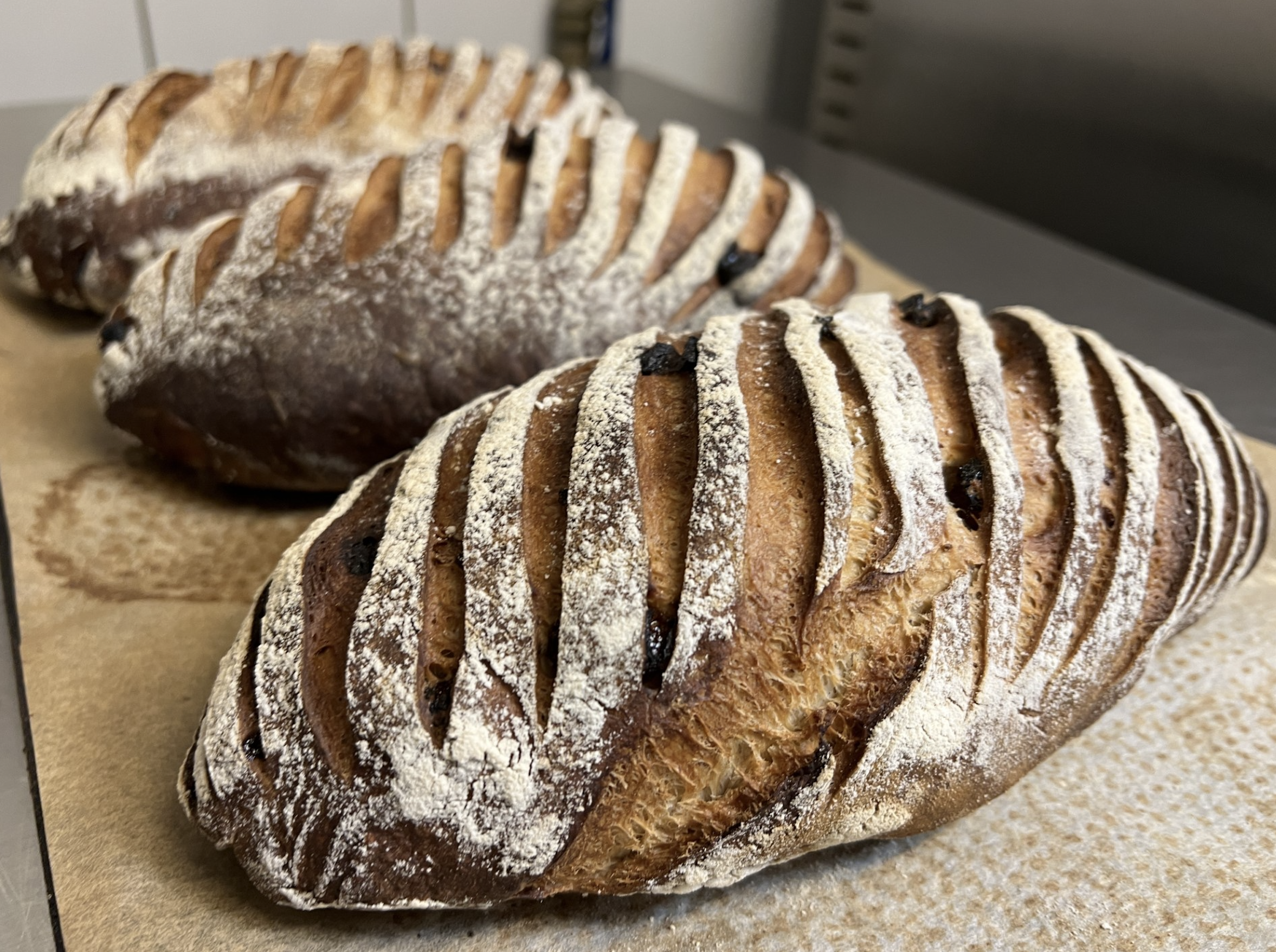
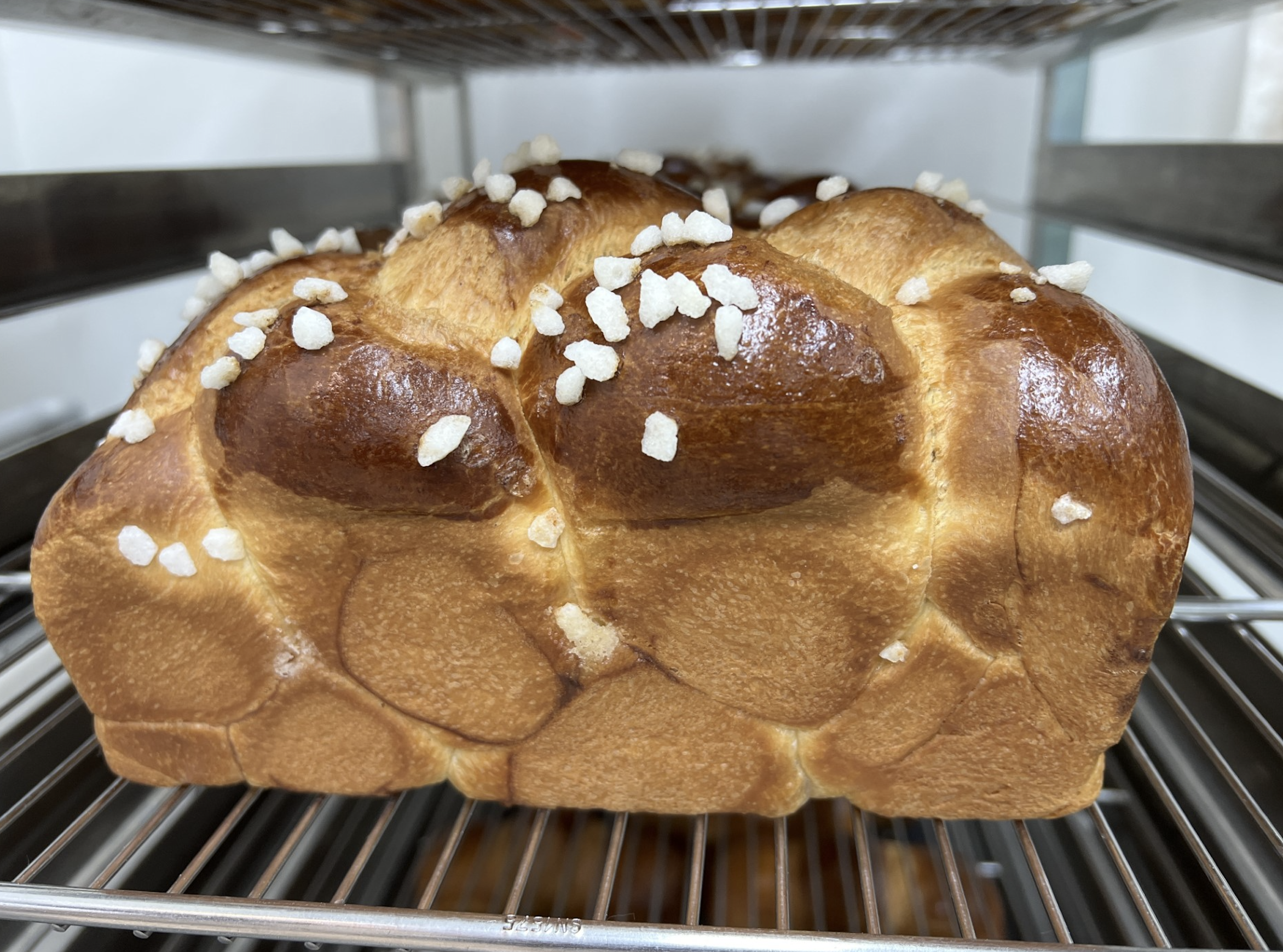
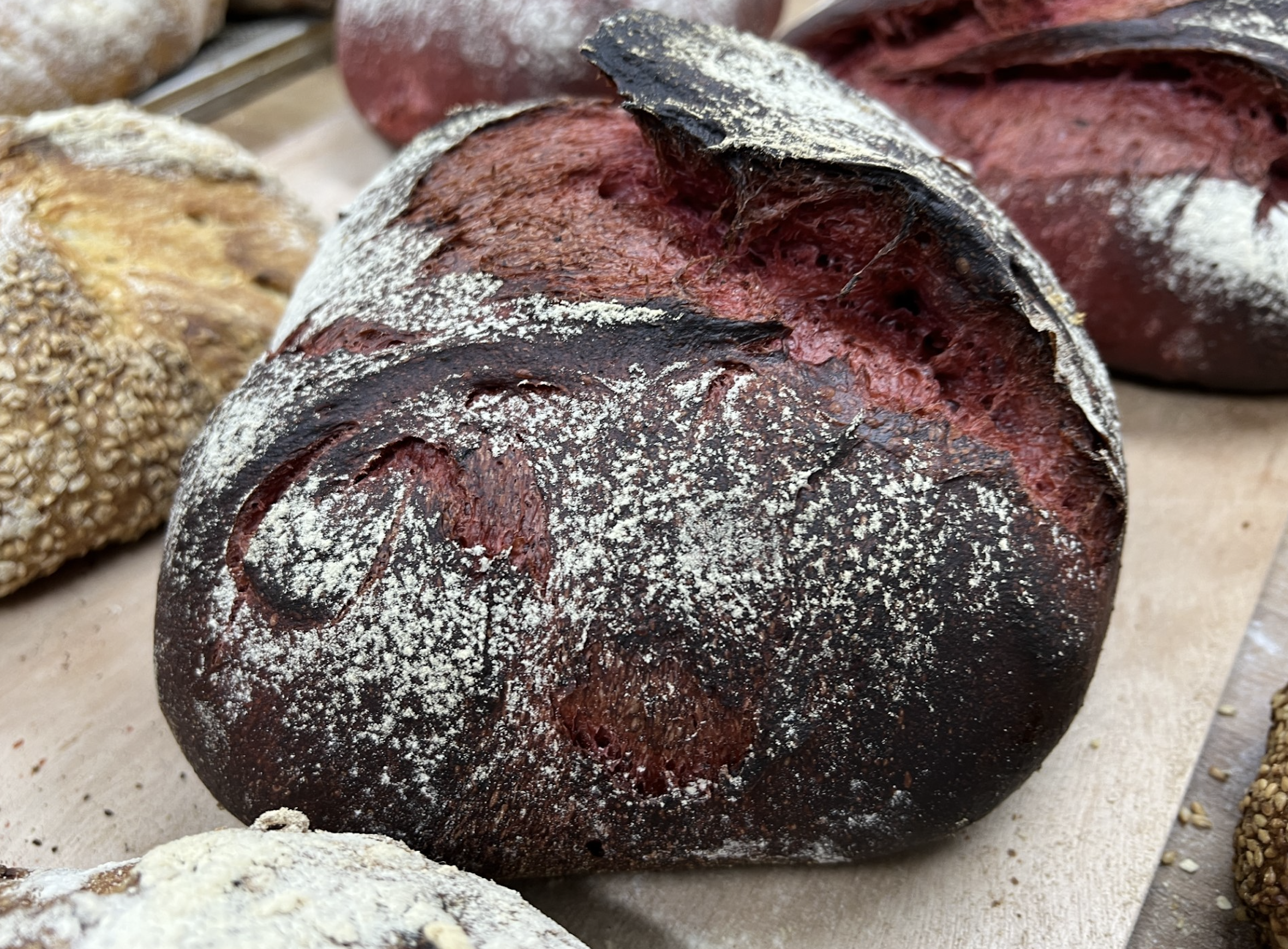
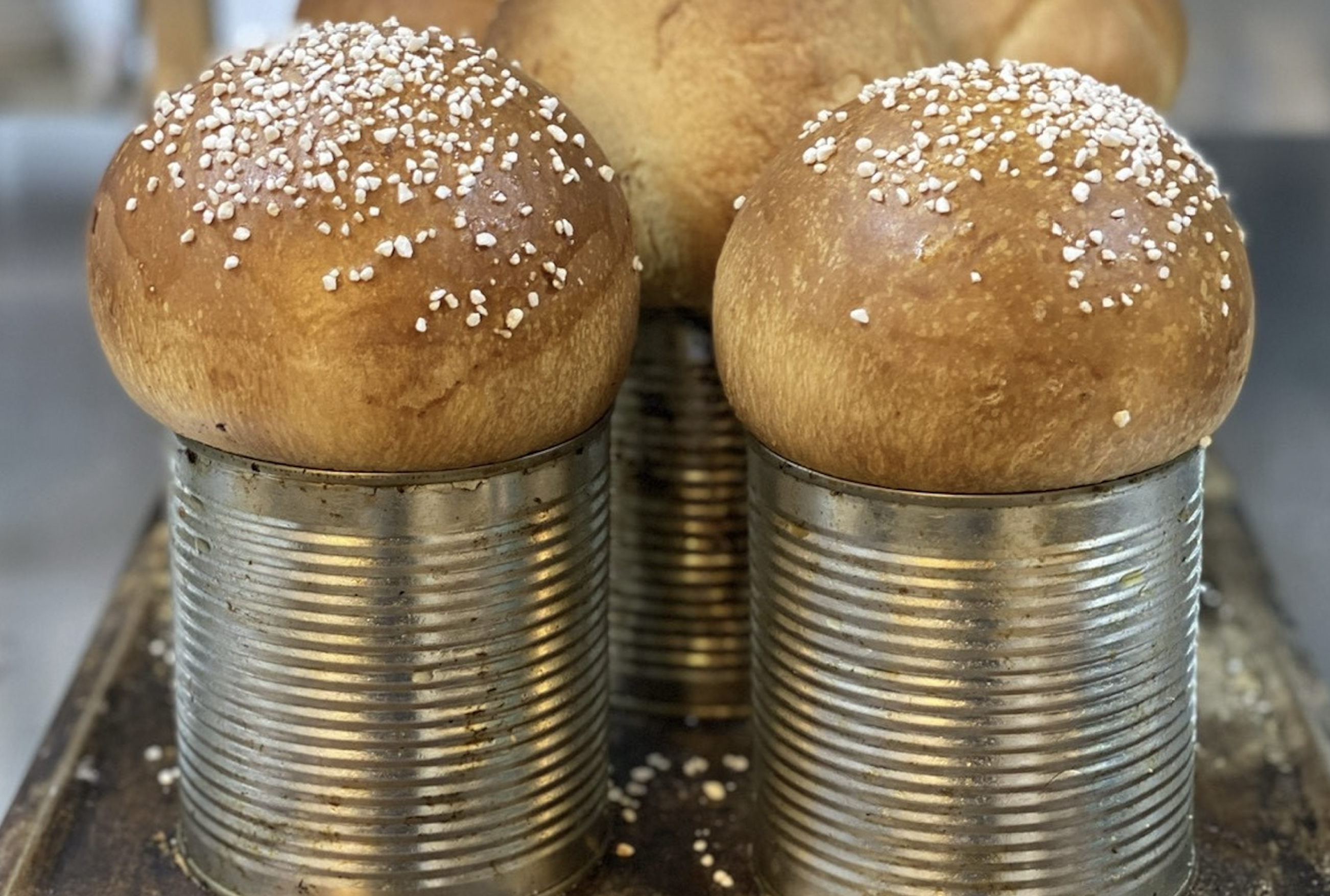
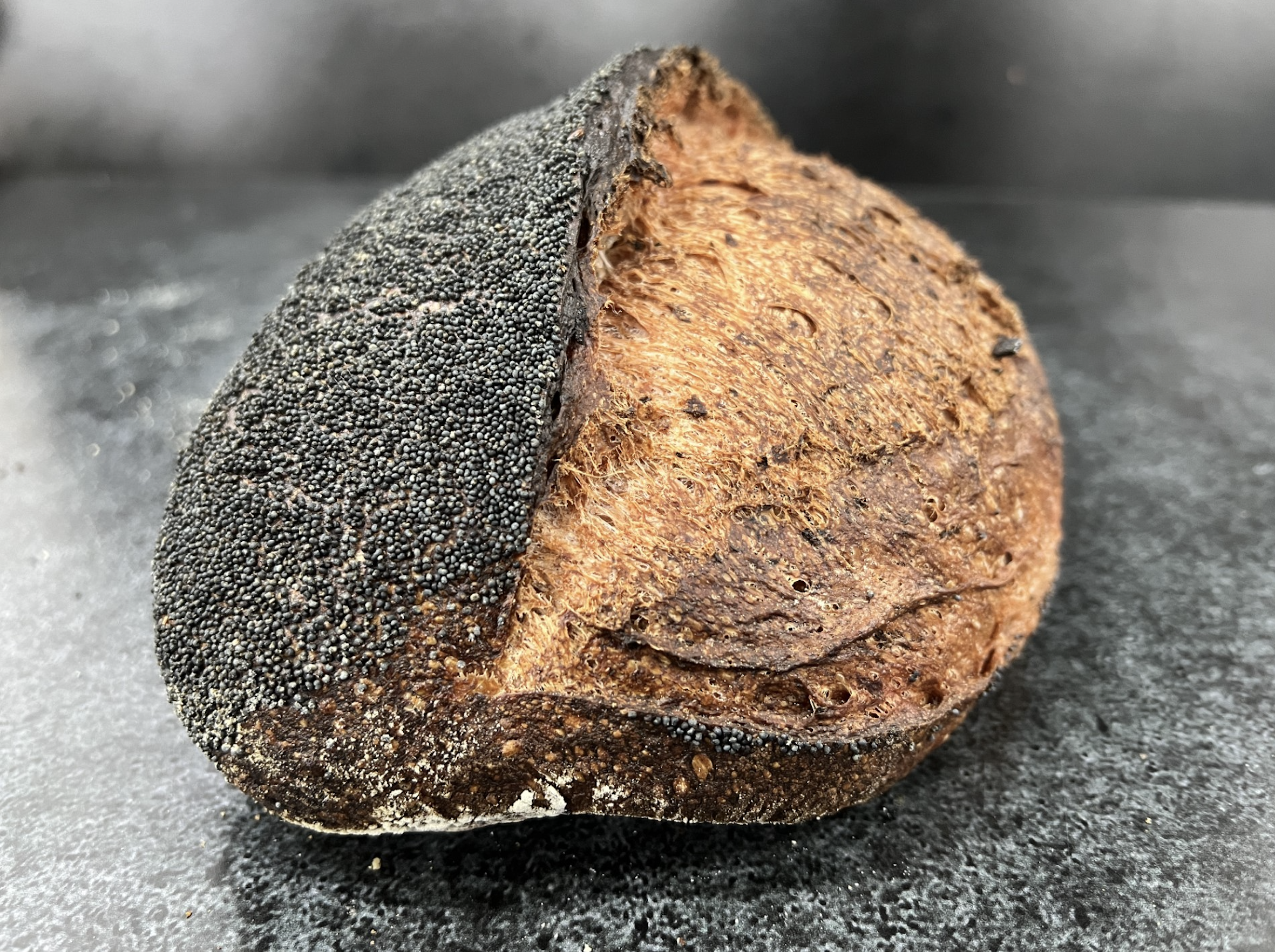
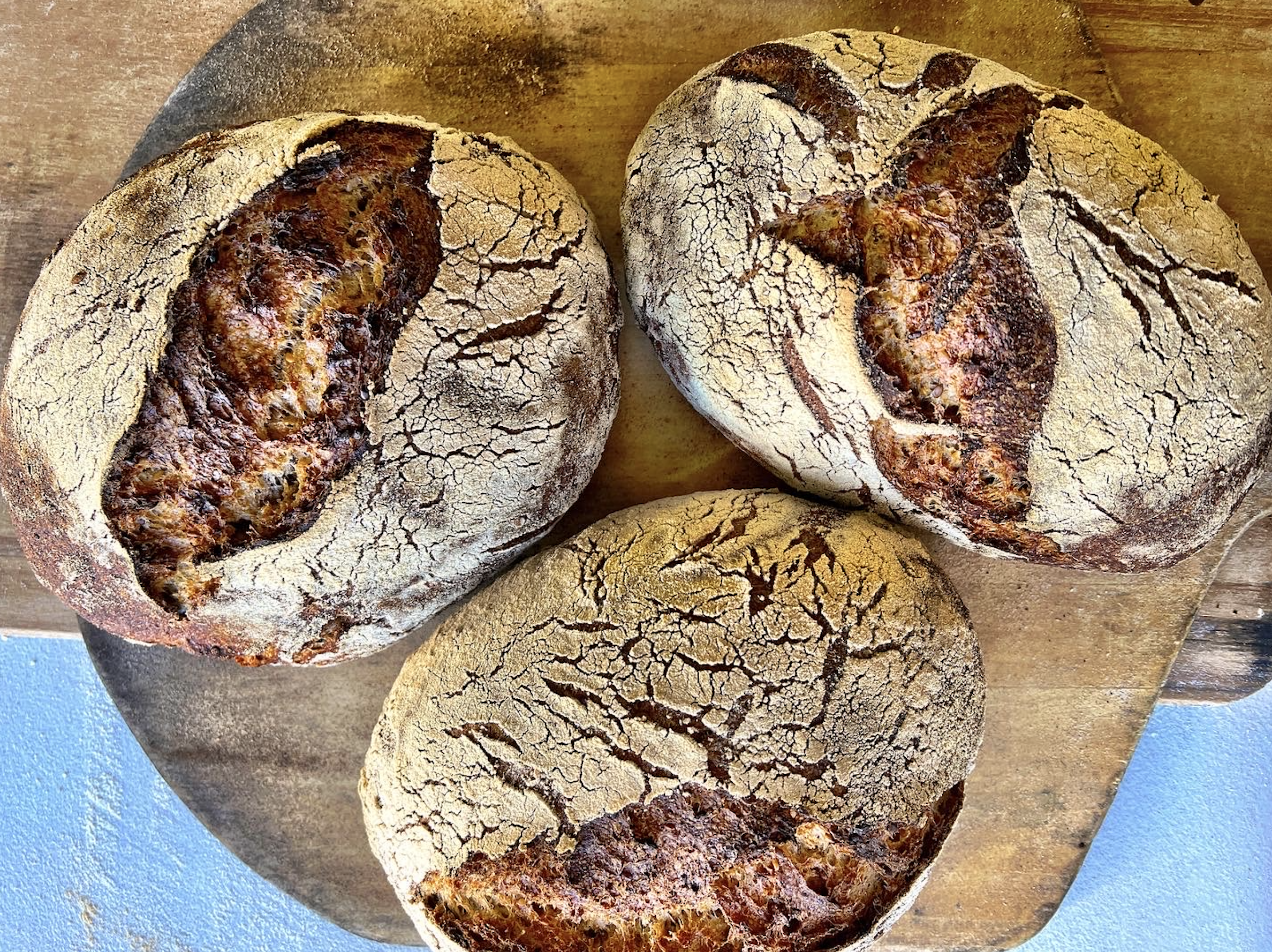
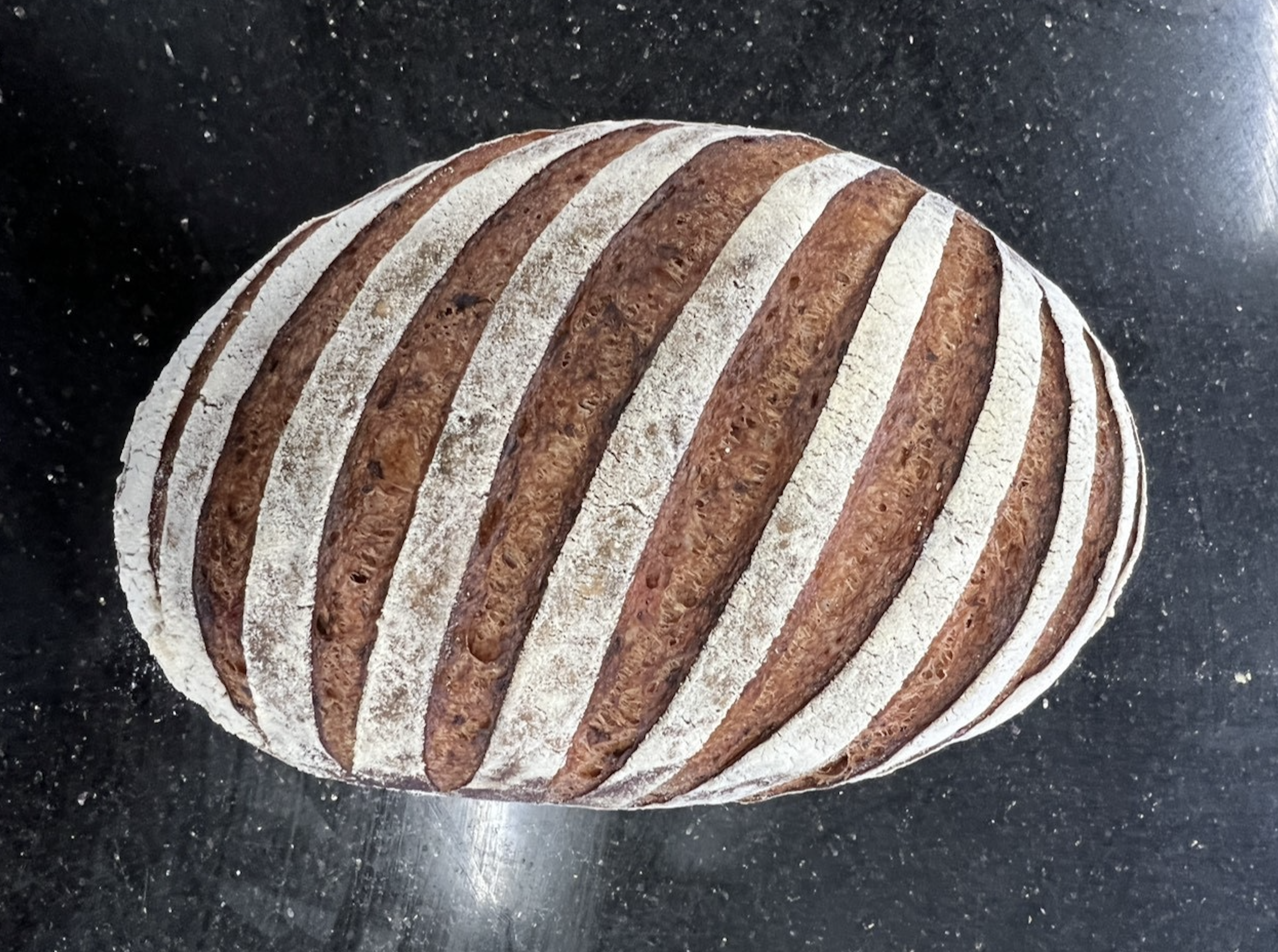
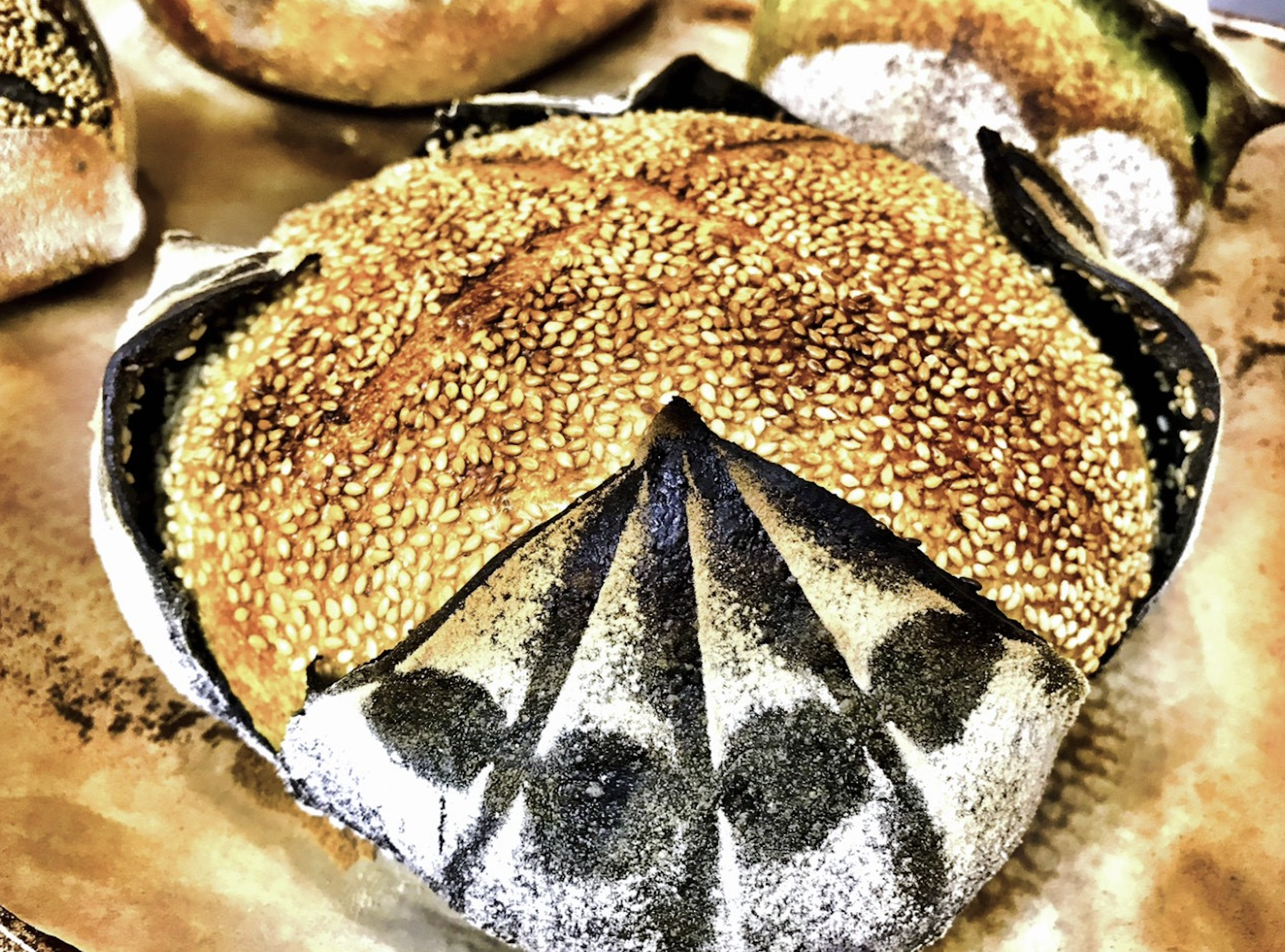
What do you enjoy most about baking sourdough, and how does it impact your daily life?
Sourdough baking for me is my life and this is how people know me from around the world. Since I am the head chef at a school baking is a big part of my work. Every month I am somewhere in a new country doing workshops and I enjoy it plus I never get tired of it because I am always learning new things.
How do you balance tradition and innovation in your sourdough baking practices?
Well, the traditional way of baking will always be there, and I don’t think anyone can change that. Of course, we are living in a new society today though and we have access to the internet and inspiration from around the world so it’s become easy to make new stuff.
What are some common misconceptions about sourdough baking that you’ve encountered, and how do you address them?
First of all, you need to understand about sourdough bread and what it is really. I see people saying ‘I baked sourdough breads in a few hours’. I think they have missed the whole purpose of sourdough baking. Firstly, sourdough baking is a slow process which gives us benefits. Breaking down the protein gluten in the flour for easy digestion and for our body to be able to get the benefits of sourdough bread and the flavor that you get from sourdough bread. I think that’s why sourdough bread is so popular around the world. Once people taste a good sourdough bread it is difficult for them to go back to industry bread.
Are there any books, videos, or online resources you’d recommend to those wanting to learn more about sourdough baking?
Today we have the internet and you can get inspiration from many great bakers out there. If I have to recommend an online course then it is my own. The reason why is because it is the world’s biggest online sourdough masterclass. I don’t think anyone has done anything like it in so much detail and everything is done in a home kitchen and it is for everyone. Let’s hope in the future that I can also have a book on sourdough baking.
What advice would you give to someone just starting out with sourdough baking?
Baking sourdough bread is not difficult, but you do need to follow a few rules. The biggest mistake I see is not having a good and active strong sourdough starter. Make sure you have a good sourdough starter and follow the process from start to finish.
Have you participated in any collaborations or community events related to sourdough baking, and what was your experience?
Yes, I have been collaborating a lot and have also been invited to many different places to talk about sourdough bread. I am one of the sourdough ambassadors at the Sourdough Library in Belgium where I have my own sourdough starter there for future preservation. I have been to many different places where you get to meet people who have the same passion for sourdough baking. I have also been a judge in a bread festival competition in Hungary and I go to the Kneading Conference in Maine where you get to meet a lot of different people.
What’s your favorite sourdough recipe to bake for yourself, friends, or your loved ones?
This is very difficult to answer because there are so many different breads and it’s difficult to name all of them. Here are just a few: Viking bread, Beetroot, Jalapeno and Cheese, good Rye, freshly baked breakfast buns, a good Baguette, and Focaccia.
Do you have any tips or suggestions on how to manage a healthy sourdough starter culture?
A sourdough starter is like a baby which needs you to take care of it. The starter needs food to be able to be strong and healthy. You need to refresh often (when the bacteria get food they also get happy, if they don’t get food they get sour) so simple. I think one big mistake many people make is that they refresh too often. My starter has been with me for over 22 years and doesn’t matter where ever I go in the world what flour and water I use it’s always happy.
Do you have any upcoming projects or plans related to sourdough baking that you’re excited about?
Actually, I do have a big project which is writing a book about sourdough baking. Let’s hope my dream comes true. My online sourdough masterclass has people from 145 countries who have joined it.
What do you hope to contribute or be remembered for most in the sourdough community?
Today with social media you have the opportunity to share and learn from each other. I wanted to share the knowledge that I have collected for so many years and I think I have done something good that I will be remembered for.
Can you describe a moment when you felt particularly proud or fulfilled in your sourdough baking journey?
Of course, I cannot forget, that it was after the pandemic and I was supposed to launch my online masterclass. It launched and I was amazed to see so many people from different parts of the world and from different time zones join in at the same time and it felt truly good.
If you could give one piece of advice to your past self when you started sourdough baking, what would it be?
I would say, don’t be afraid to make mistakes. Sourdough baking is as much about learning from your failures as it is about celebrating your successes. Each mistake is an opportunity to understand the process better and improve your skills. So, embrace the journey with patience and curiosity, and enjoy the delicious results of your efforts.
Is there anything else Beesham that you would like the community to know about you or things you would like the readers to potentially purchase or subscribe to?
Yes, please check out my website for my online courses. I have 3 courses. I have an all-in-one Sourdough Masterclass, which is the world’s biggest. Then I have an all-in-one Gluten-free Masterclass and finally an advanced Sweet Dough Masterclass.
You can see the details on my website and of course, check my social media pages on Instagram and Facebook.
Closing Thoughts
Thank you for reading this insightful interview with Beesham Soogrim. We hope it has inspired you to explore the world of sourdough baking with renewed enthusiasm. At The Sourdough People, we are committed to fostering a community of like-minded individuals who share a love for this ancient craft. Don’t forget to follow Beesham on Instagram @beesham_the_baker to stay updated on his latest creations and sourdough adventures.
Additionally, we invite you to follow us on Instagram at @sourdoughbread.ca for more sourdough stories, tips, and inspiration. If you have an interesting story or topic related to sourdough that you’d like to see featured on our website, please use our intake form to get in touch. Lastly, consider joining our email newsletter to receive regular updates and exclusive content from The Sourdough People community. Happy baking!
